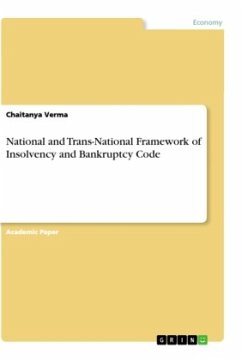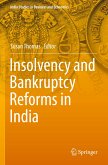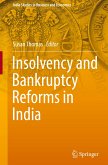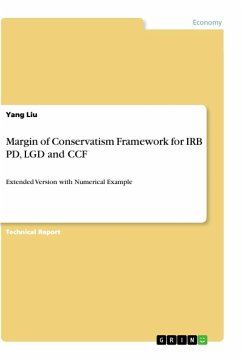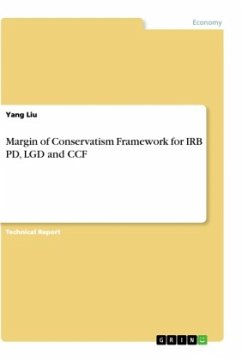Academic Paper from the year 2020 in the subject Business economics - Banking, Stock Exchanges, Insurance, Accounting, , language: English, abstract: This study is a serious attempt to understand the impact of the code on the economy and how it has changed the relationship of corporate debtor and creditor. Besides that this study will analyse the areas which needs serious consideration by the government in national as well as international context.Earlier Insolvency laws in India were not consolidated, that has led to uncertainty amongst the creditors as well as debtors. The credit market in the country was not flourishing. India is one of the youngest economy of the world which is the house for plethora of entrepreneurs. Yet these drivers of the economy is facing the heat of the financial institution in form of non-availability of credit. The Insolvency and Bankruptcy Code, 2016 (Code) has changed the whole dynamics and disrupted the credit market of the country. On one hand, ithas brought certainty and uniformity in terms of law and legal proceeding and on the other, it has rebuildthe trust of the creditors and encouraged them to infuse capital in the market. To an extent code has met its objective but it has long distance to cover and stay relevant in the changing dynamics of the global business. The limited liability company is a contract between equity and debt. As long as debt obligations are met, equity owners have complete control, and creditors have no say in how the business is run. When default takes place, control is supposed to transfer to the creditors; equity owners have no say. This is not how companies in India work today. For many decades, creditors have had low power when faced with default. Promoters stay in control of the company even after default.
Hinweis: Dieser Artikel kann nur an eine deutsche Lieferadresse ausgeliefert werden.
Hinweis: Dieser Artikel kann nur an eine deutsche Lieferadresse ausgeliefert werden.

